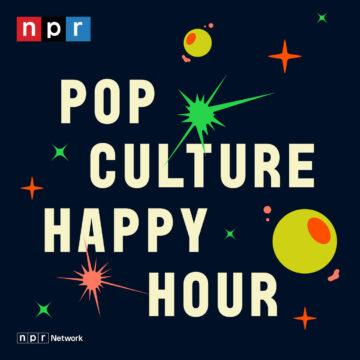The most famous American opera opens with one of the most famous American songs: “Summertime.” The Gershwins’ haunting lullaby from Porgy and Bess is a simple tune with a complex story.
In this episode, host Rhiannon Giddens and her guests explore not just the lyrics and music, but how Porgy and Bess came into being and the way it draws on the culture of the Gullah Geechee, descendants of formerly enslaved people living in and around South Carolina. Decoding two arias – “Summertime” and “I Got Plenty O’ Nuttin'” – the show finds uncomfortable contradictions as well as uncanny parallels between the real lives of the Gullah people and the characters onstage.
The Guests
Soprano Golda Schultz debuted as Clara at the Met earlier this year, her first time singing in the U.S. with a cast full of people of color. She believes that when telling stories from underrepresented groups, they must be told from places of joy and not only areas of pain.
Naomi André knows better than most about the complicated racial history of Porgy and Bess. Still, the University of Michigan professor and author of Black Opera: History, Power, Engagement believes the show can be timely, relevant and moving.
Victoria Smalls is a Gullah woman who grew up on St. Helena Island off Charleston, South Carolina. She works as the Director of Art, History, and Culture at the Penn Center in South Carolina, an institution dedicated to promoting and preserving African American history and culture. She’s also a federal commissioner for the Gullah Geechee Cultural Heritage Corridor.
Bass-baritone Eric Owens was initially reluctant to start singing Porgy, since so many African American singers have a hard time breaking out of that role. But even while reckoning with some of the controversial aspects of the Gershwins’ opera, he has now sung the role for a decade and believes it is some of the most beautiful music written in the 20th century.





